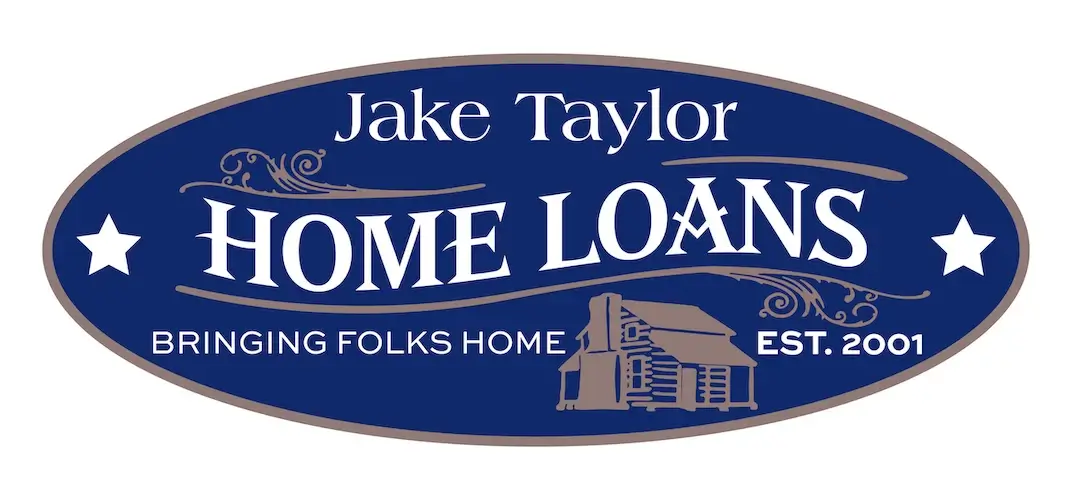
If you're a homeowner in Arizona who is 62 years of age or older and looking for a way to supplement your retirement income, a reverse mortgage may be worth considering. As an Arizona mortgage company, we understand the unique financial needs of retirees and want to provide you with information about the pros and cons of a reverse mortgage so you can make an informed decision.
Pros:
- Additional income: One of the biggest benefits of a reverse mortgage is that it can provide a source of additional income for retirees. This can be especially beneficial for those who are on a fixed income and need extra money to cover expenses such as healthcare costs or home repairs. With a reverse mortgage, you can choose to receive the loan proceeds in a lump sum, as a line of credit, or as a series of monthly payments.
- No monthly payments: With a reverse mortgage, there are no monthly payments required. Instead, the loan is repaid when the borrower dies, sells the home, or moves out permanently. This can be a major advantage for retirees who are on a fixed income and may not have the ability to make regular mortgage payments.
- No credit score requirement: Unlike traditional mortgages, reverse mortgages do not require a credit score or credit history. This can make them a viable option for retirees who may have had trouble getting approved for a traditional mortgage.
- No income requirement: There is no income requirement for a reverse mortgage, which can make it a viable option for retirees who may not have a steady income.
- No impact on social security or Medicare: The proceeds of a reverse mortgage will not affect your Social Security or Medicare benefits.
Cons:
- High fees: One of the biggest drawbacks of a reverse mortgage is that they come with high fees. These fees can include origination fees, mortgage insurance, closing costs, and more. These fees can add up quickly and eat into the amount of money that the borrower will receive. It's important to work with a reputable lender and shop around for the best rates to ensure you are getting the best deal.
- Reduction in equity: Another major drawback of a reverse mortgage is that it can result in a reduction in equity. This is because the loan amount is based on the value of the home and the age of the borrower, meaning that the older the borrower is and the more valuable the home is, the larger the loan will be. This can result in a significant reduction in equity over time.
- Risk of foreclosure: If the borrower fails to pay property taxes, insurance, or maintain the property, the loan can become due and payable and the borrower can be at risk of foreclosure. It's important to make sure you understand the terms and conditions of the loan and stay current on your obligations to avoid this risk.
- Complex process: The process of obtaining a reverse mortgage can be complicated and difficult to understand. It's important to work with a reputable lender and get professional advice to fully understand the terms and conditions of the loan.
- Limited options for heirs: Upon the borrower's death, the loan becomes due and payable, and the heirs have limited options to keep the property. They can either pay off the loan balance, sell the property, or convey the property to the lender.
In conclusion, a reverse mortgage can be a valuable tool for retirees in Arizona to supplement their retirement income and stay in their homes. However, it's important to carefully consider the pros and cons and work with a reputable lender to fully understand the terms and conditions of the loan. It's also important to consider other options, such as downsizing or taking out a traditional home equity loan before making a decision about a reverse mortgage. If you are interested in learning more, submit your info and let’s chat!
